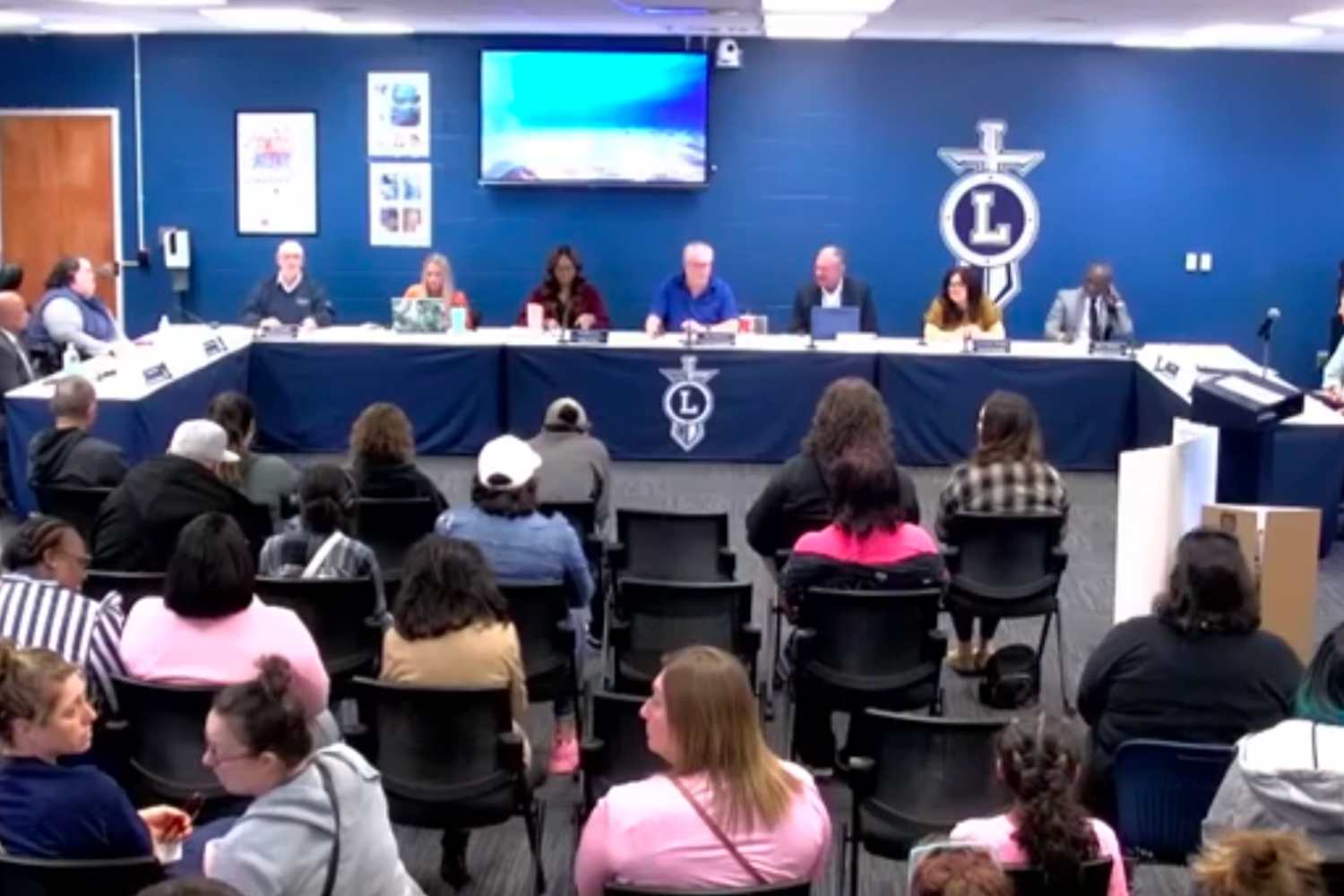Lorain, OH – A heated discussion unfolded at a recent Lorain City Schools meeting as teachers and parents raised serious concerns over increasing behavioral issues among students and the perceived lack of adequate support from the administration. The meeting, attended by Superintendent Jeff Graham and other district officials, shed light on the challenges educators and parents face in ensuring a safe and effective learning environment.
Growing Concerns Over Student Behavior
Teachers spoke candidly about the daily struggles they face in the classroom. Many described frequent disruptions, instances of violence, and an overall decline in student discipline since the COVID-19 pandemic. Parents echoed these concerns, expressing fears for their children’s safety and frustration over what they see as inaction from school administrators.
“This isn’t just about kids acting out,” one teacher, who wished to remain anonymous, stated. “We’re dealing with students who are violent, who throw chairs, who threaten teachers and classmates. We’ve exhausted every resource we have, and it’s still not enough.”
Parents recounted similar stories, with one mother detailing an incident in which her child was injured in the classroom due to another student’s outburst. “My child is scared to go to school,” she said. “I have begged for something to be done, and all I get is excuses.”
Superintendent Jeff Graham’s Response
Superintendent Jeff Graham acknowledged the concerns but emphasized that these behavioral challenges are not unique to Lorain. He pointed to post-COVID trauma as a significant factor contributing to student misconduct, highlighting how the pandemic has left many children struggling with emotional and psychological distress.
“We understand the frustration,” Graham said. “But we’re seeing these issues in districts across the country. Students have lost socialization skills, they have experienced trauma, and this is manifesting in our schools.”
Graham outlined several measures the administration is taking to address these concerns, including hiring additional support staff, restructuring Individualized Education Program (IEP) meetings, and prioritizing mental health resources. However, teachers and parents remained skeptical about whether these initiatives would lead to meaningful change.
Resource Allocation and Budget Constraints
One of the key points of contention during the meeting was how district funds are being allocated. Graham assured attendees that the district was working to preserve essential support positions despite budget constraints, but some teachers argued that the current support system is already failing.
“We need more interventionists, more counselors, more aides in the classrooms,” another teacher insisted. “But instead, we’re being told to work with what we have. It’s not sustainable.”
Legal Barriers to Disciplinary Action
Adding another layer of complexity to the issue, Graham cited legal constraints that limit the district’s disciplinary options, particularly for younger students. Current state and federal regulations make it difficult to remove disruptive students from classrooms, leaving educators with few options to maintain order.
“I know people want us to just suspend or expel students,” Graham said. “But legally, it’s not that simple. There are rules in place to protect students’ rights, and we have to work within those guidelines.”
Frustration Over IEP Meetings and Support Staff
The restructuring of IEP meetings was another contentious topic. Teachers and parents expressed dissatisfaction with the current system, arguing that the process often feels like an uphill battle rather than a collaborative effort to help students succeed.
“I’ve sat in these meetings where nothing gets resolved,” a parent said. “It’s just a bunch of paperwork and bureaucracy. Meanwhile, my child still isn’t getting the help they need.”
Guidance counselors, who are already stretched thin, are being asked to take on even more responsibilities, leading to confusion and inefficiencies across different schools. One counselor described the overwhelming caseload, saying, “We are doing everything we can, but there are too many kids in crisis and not enough of us to go around.”
A Call for Immediate Action
As the meeting concluded, it was clear that teachers and parents were not satisfied with the administration’s response. They demanded immediate and concrete action to ensure student safety and create an environment conducive to learning.
“This is beyond frustrating,” said one veteran teacher. “We’re not just asking for help—we’re begging for it. If we don’t get real solutions soon, we’re going to lose more teachers, and our students will suffer even more.”
Editorial Perspective: The Urgent Need for Change
It is clear that the concerns raised by Lorain teachers and parents are not exaggerated. Their frustration is justified. Classrooms cannot function effectively when teachers are left to manage violent outbursts without sufficient support. Students cannot learn when they feel unsafe. While Superintendent Graham’s acknowledgment of post-COVID trauma and legal constraints is important, acknowledgment alone is not enough. The district must take swift, decisive action to implement real solutions. Hiring more support staff, expanding mental health services, and reassessing disciplinary policies must be top priorities. Otherwise, the situation will only worsen, and the consequences for both educators and students will be dire.

Ask Graham about teachers that have been physically assaulted by students ending up in surgery to repair damage. Ask him what the repercussions were to the student and how many calls of concern were made by administrators. Then ask him about disruptions and disrespect from one teacher to another.
You did not do any school or any student any favors by eliminating all elementary school counselors. Your lack of prioritizing the younger students, especially elementary where impressions start was self serving. Outsourced and low paid social workers are NOT school counselors. They are trained like social workers. They don’t eat lunch with the students. They don’t built bonds. They don’t advocate for children as they are not willing or are incapable of making the tough decisions. God forbid you don’t always side with teachers. You reap what you sow. For these kids it’s too little and too late.